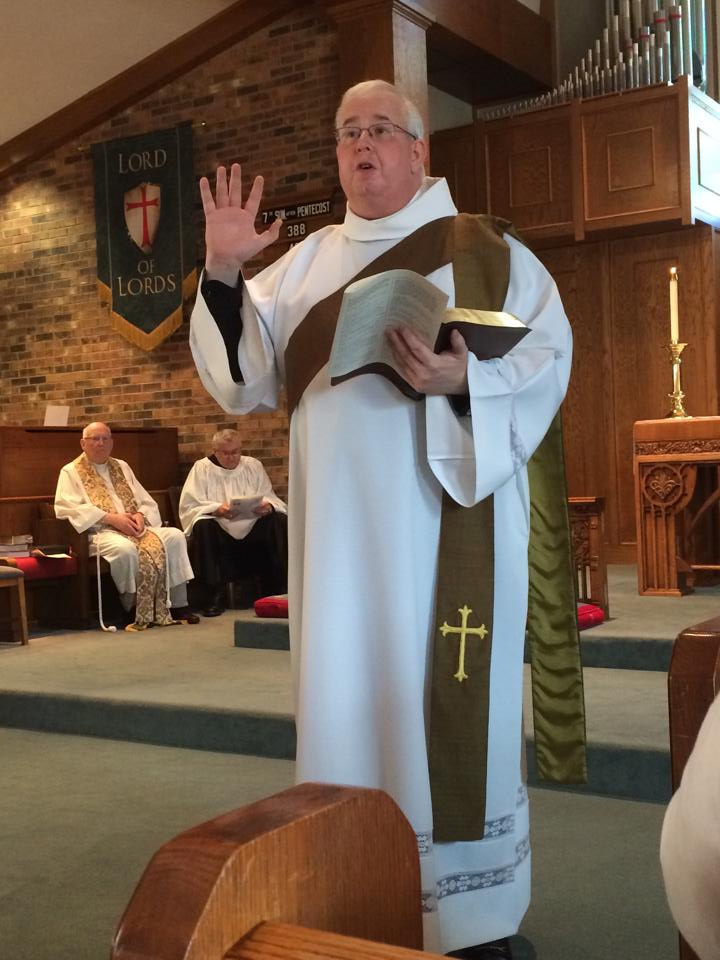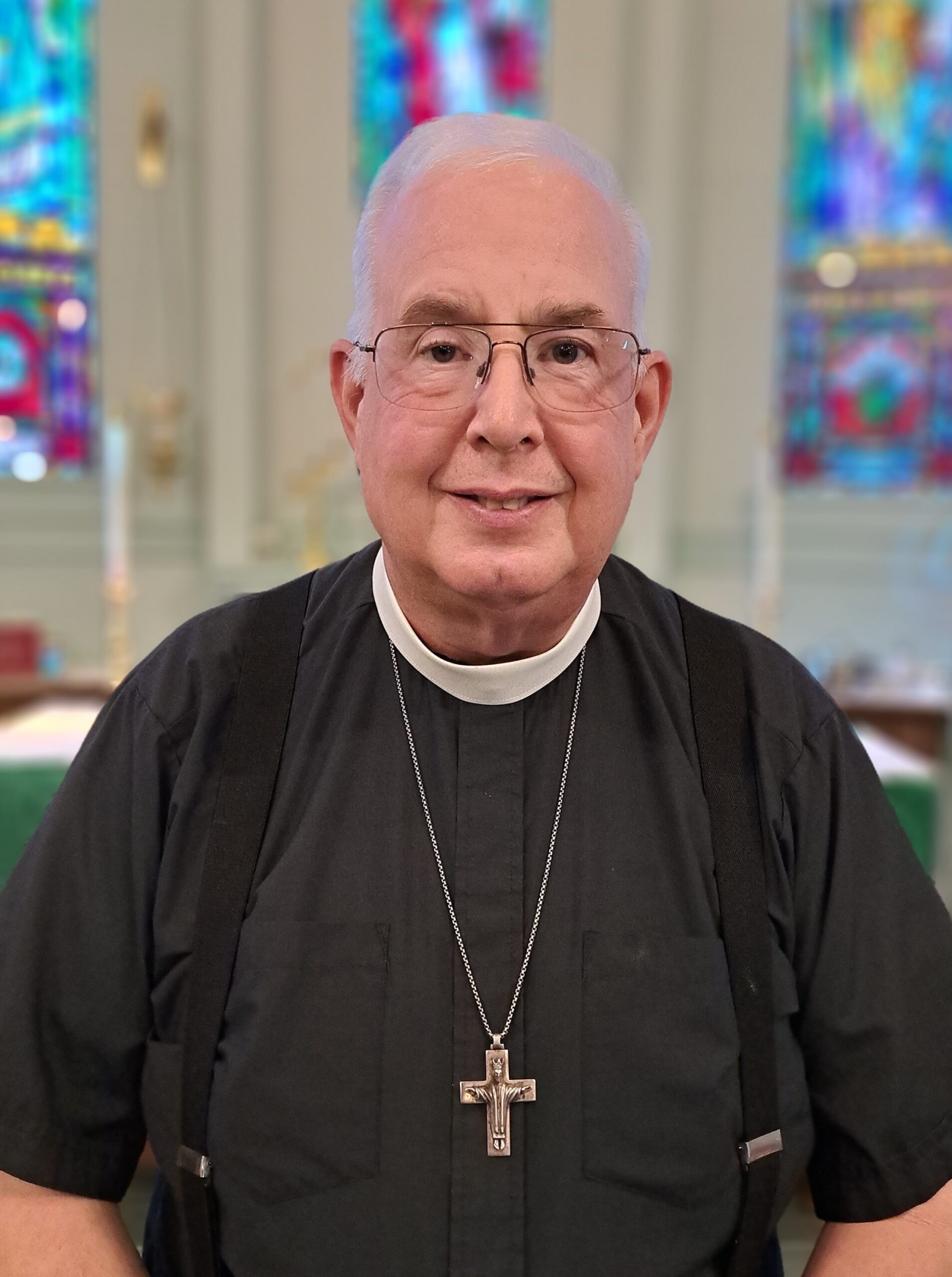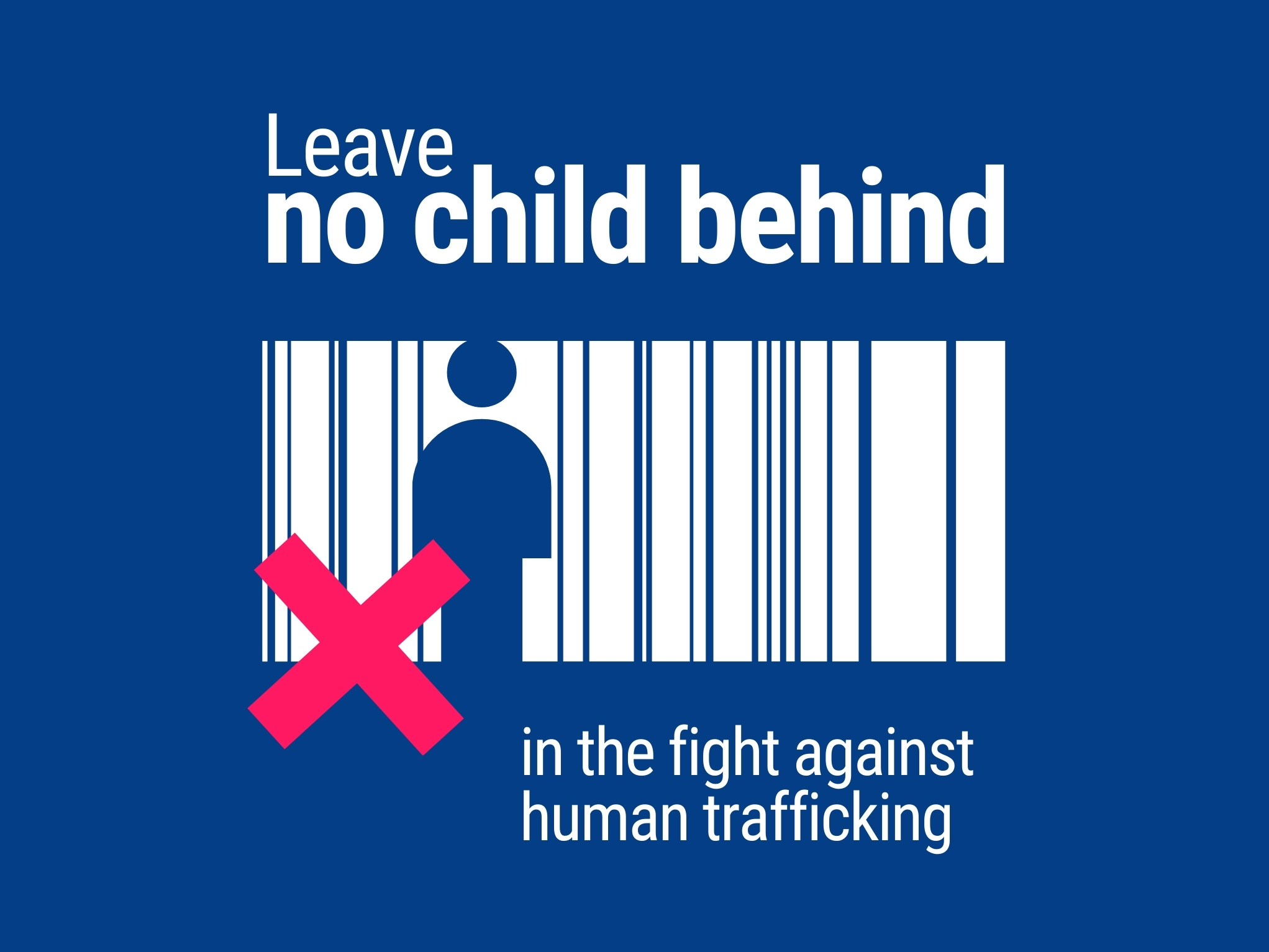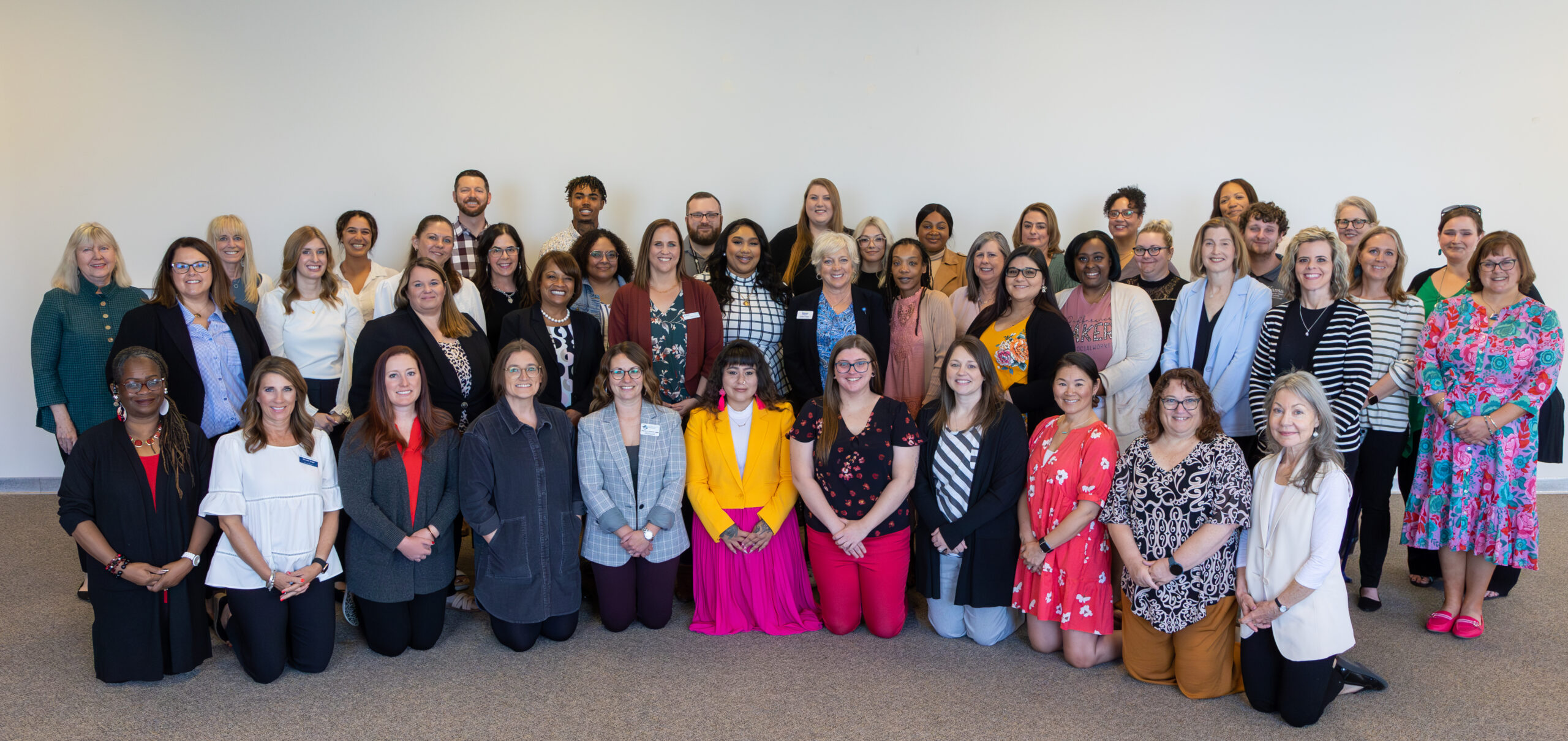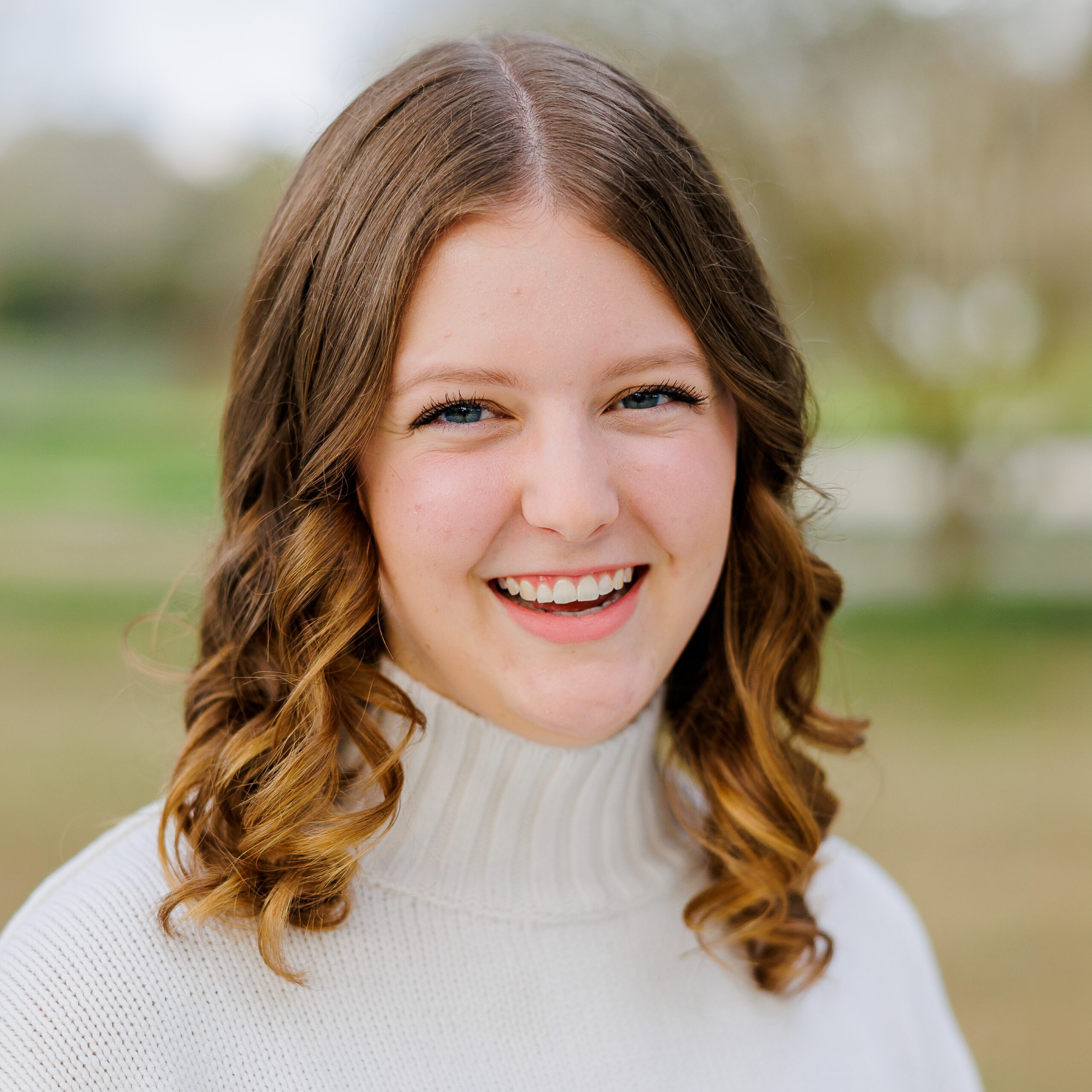If anyone believes in redemption, it’s The Reverend Phil Snyder. For this Episcopal deacon, new beginnings are made possible through reconciliation and forgiveness. If that notion sounds familiar, it’s because Saint Francis Ministries founder, Fr. Bob Mize Jr., believed the same. He built a ministry on the conviction that forgiveness is one of the greatest instruments of transformation. Naturally, Deacon Phil agrees … because as a Saint Francis boy, he experienced it first-hand.
“My dad married a woman who was very wounded,” said Dn. Phil. “My grandfather was both emotionally and physically abusive, so she married my dad to get away from him. She also developed a barbiturate addiction, which was a common way of coping for many women in the ‘60s and ‘70s. Since my dad was an Air Force pilot, he often was not there. I remember – when my sister and I were nine and ten years old – putting our mother to bed because she was so stoned on drugs. We had to hide her cigarettes so she wouldn’t smoke in the bed. She would go in and out of mental institutions, and the doctors just kept writing her script.”
Eventually, his mother overdosed, and although she survived, the marriage didn’t. She didn’t even ask for custody of her kids.
“That put some emotional scars on me,” said Dn. Phil. “I never really learned to deal with things and developed a bit of a complex. I told myself that I had a face that not even a mother could love because my own mother didn’t want me.”
Things started going south for him in Omaha – when Phil was in the fifth grade. Severely bullied, he ended up in a hospital psychiatric ward. His doctor suggested to his father that the boy spend some time in Salina, Kansas, at the Saint Francis home for boys.
“I hated the idea of going down there,” he said. “I wasn’t crazy. I wasn’t a delinquent. But someone said I could get the help I needed there, so I said ‘okay.’’
And he did get help, developing a relationship with a therapist named Vaughn, who taught him how to deal with his trauma and take responsibility for his own life. He also developed a deep spirituality through his participation in Chapel and church activities. He spent most of 1976-1977 at Saint Francis, before returning home to his family renewed and strengthened.
Yet, he still suffered from trauma related to his mother’s addiction and abandonment.
That changed during his freshman year in college at San Angelo, Texas. While participating in an Episcopal Vocare (a Cursillo-like program for young adults) weekend he decided to go to confession, intending to mention a few minor sins, then head back to his seat.
“But I just started crying,” he said. “The priest asked me what was wrong, and I said, ‘I’ve never forgiven my mother. She loved her drugs more than us.’ The priest said, ‘You need to forgive her.’ When I said I didn’t know how, he talked me through it … and I forgave her. I realized that she was more wounded than I was, and that I needed to take responsibility for my own actions.”
Eventually, Phil graduated from college, married his wife Beverly, had two children, and enjoyed a successful career as a computer programmer. Yet, along the way, he began to hear a call; perhaps it started back in the Chapel at Saint Francis. In 2004, he was ordained a deacon in the Episcopal Church. About nine years prior, he and Beverly had attended a Kairos weekend at the invitation of his godfather. That decision changed their lives, and prison ministry has continued to define his diaconal call.
“I thought I was going to bring Jesus into prison where he was desperately needed,” said Dn. Phil. “I found out that Jesus was already there, and he wears the uniform of a Texas inmate.”
It’s as though his own experiences have prepared him to be especially – and uniquely – qualified to minister to those most in need of forgiveness and redemption, lessons he learned from both Saint Francis and his beloved Church. So, in addition to his duties at St. James Episcopal Church in Dallas, he makes the weekly two-hour drive to the Coffield Unit in Tennessee Colony to minister to offenders.
“Many of these guys in prison just want to hear that God loves them and forgives them,” said Dn. Phil. “And that’s what I bring to them. I bring the message of the Church that ‘God loves you, and there’s nothing you can do to make him love you less. He forgives you because that’s his nature.’ And to see the joy they feel and the tears and sobs of men who have been set free from a lifetime of running away from God, from a life of enslavement to gangs, to drugs, to violence, is just a wonderful thing.”
For Dn. Phil, healing and forgiveness occur within community. It is through the Kairos community that men find spiritual freedom. And it was in the Saint Francis community that he began to heal from trauma so many years ago.
“That’s one thing Saint Francis taught me – community,” he said. “I came out of there much better adjusted. I still had some significant growing to do, but by God’s grace I am what I am now. That’s all part of discernment. I’ve learned never to tell God what I won’t do. Before Kairos, I’d always said that prison ministry is the only thing I wouldn’t do for him. The God we serve apparently has a sense of humor, because that’s what he called me to.”
